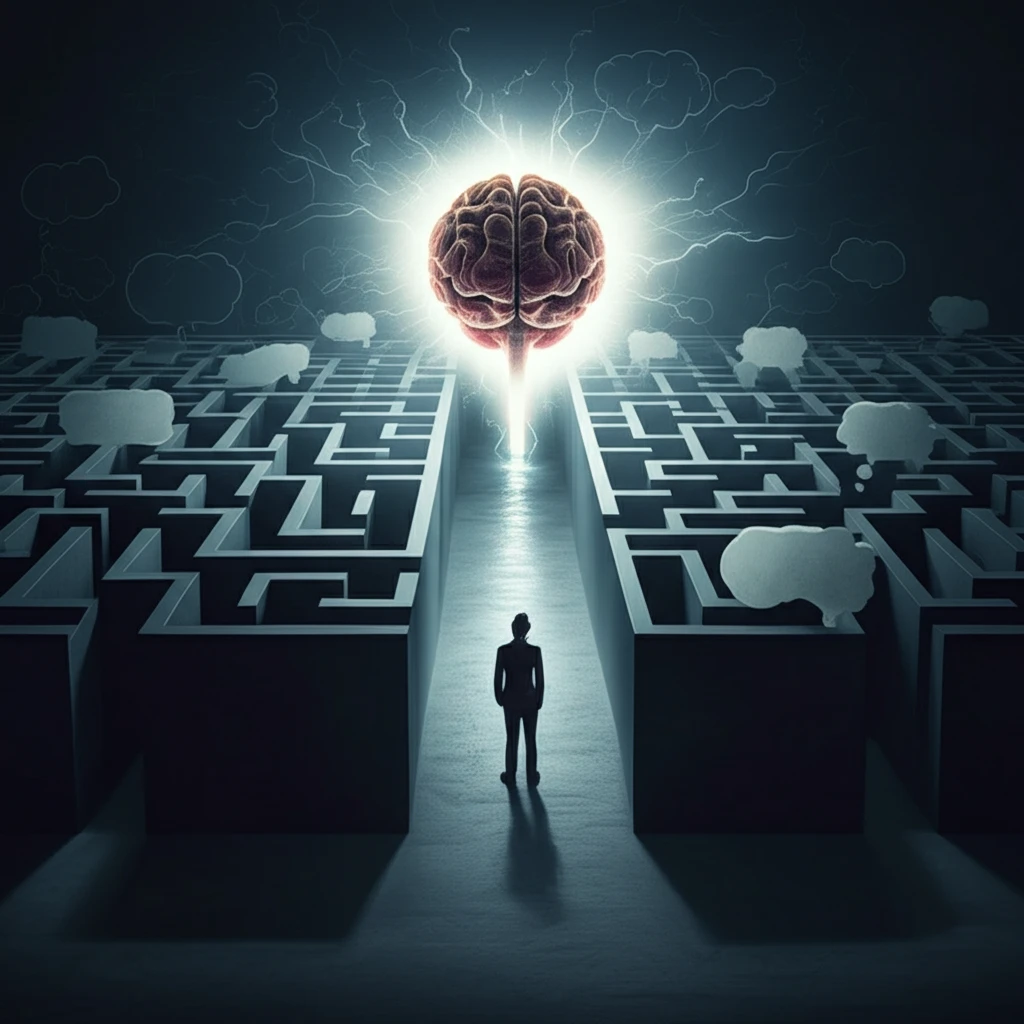
Decoding Decisions: How Understanding Rationality Can Transform Your Choices
"Unlocking strategic thinking in a complex world – explore how rationality impacts your daily decisions."
Every day, we're faced with decisions, big and small. From choosing what to have for breakfast to making critical career moves, our lives are shaped by the choices we make. But have you ever stopped to consider how rational these decisions are? In economics and psychology, rationality plays a pivotal role in understanding human behavior. Strategic reasoning – the ability to think steps ahead and anticipate the consequences of your actions – is highly dependent on how rational you and your counterparts are.
The challenge, however, lies in the fact that people aren't always as rational as we might assume. Emotions, biases, and incomplete information often cloud our judgment, leading to decisions that deviate from the purely logical path. This is where the concept of 'higher-order rationality' comes into play – not only being rational yourself but also understanding and anticipating the rationality (or irrationality) of others.
This article explores the fascinating world of rationality and strategic thinking, drawing insights from cutting-edge research in behavioral economics. We'll break down complex concepts into easy-to-understand terms, revealing how you can improve your decision-making skills and navigate the complexities of everyday life with greater confidence. Whether you're a student, a professional, or simply someone curious about the human mind, understanding rationality is a powerful tool for success.
What is Rationality? Defining the Core Concept

At its heart, rationality means making decisions that are consistent with your goals and preferences. A perfectly rational person weighs all available information, accurately assesses the potential outcomes, and chooses the option that maximizes their expected utility. This 'economic man' is a cornerstone of many economic models, but real-world human behavior often falls short of this ideal.
- Informational Overload: The sheer volume of information available can be overwhelming, leading to analysis paralysis or reliance on easily digestible but potentially misleading sources.
- Cognitive Biases: These are systematic patterns of deviation from norm or rationality in judgment. They can be due to heuristics (mental shortcuts), or they can arise from social pressures.
- Emotional Influences: Fear, excitement, and other emotions can significantly distort our perception of risk and reward, leading to impulsive or poorly thought-out decisions.
- Social Factors: The opinions and actions of others can exert a powerful influence on our choices, even when those choices contradict our own rational assessment.
Harnessing the Power of Rationality: A Path to Better Choices
The journey to becoming a more rational decision-maker is a continuous process of self-awareness, learning, and practice. By understanding the principles of rationality, recognizing your own biases, and developing strategies to mitigate their influence, you can unlock your strategic thinking and improve your choices in every area of your life. Embrace the challenge, and watch as your decision-making skills transform, leading to greater success and fulfillment.
